Discover the Women of the Hall
These are the Inductees of the National Women’s Hall of Fame. Select any of the women to discover their stories and learn how they have influenced other women and this country.
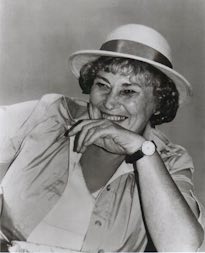 Bella Abzug
Government
1920
New York
1994
Bella Abzug
Government
1920
New York
1994

Bella Abzug
Civil rights and labor attorney elected to Congress from New York City in 1970. Abzug made her career as an advocate for women, the poor and those victimized by repression. A lifelong feminist activist, she played a major role in many national and international women’s conferences. Before her death, she chaired the Women’s Environment and Development Organization.
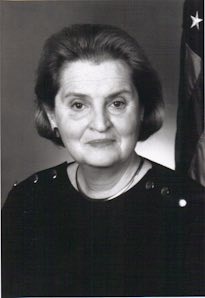 Madeleine Korbel Albright
Government
1937
Czechoslovakia
1998
Madeleine Korbel Albright
Government
1937
Czechoslovakia
1998

Madeleine Korbel Albright
First female Secretary of State and highest ranking woman in the U.S. government under President Clinton. As a professor at Georgetown University, she taught undergraduate and graduate courses in international affairs and Russian and Central and Eastern European politics. In President Clinton’s first term, she was the U.S. Permanent Representative to the United Nations and a member of the National Security Council.
 Florence Ellinwood Allen
Government
1884
Utah
2005
Florence Ellinwood Allen
Government
1884
Utah
2005

Florence Ellinwood Allen
Judge Florence Ellinwood Allen was a legal pioneer, breaking barriers for women in law. Her numerous accomplishments include becoming the first American woman to hold the office of Assistant County Prosecutor, first woman judge of the highest court of a state by election (Ohio), and first female judge of a United States Circuit Court of Appeals by presidential appointment.
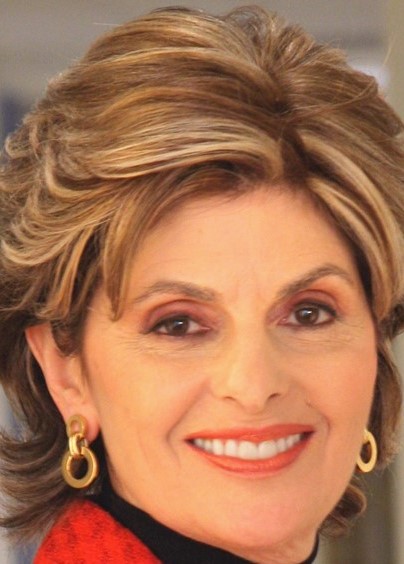 Gloria Allred
Business, Government
1941
2019
Gloria Allred
Business, Government
1941
2019

Gloria Allred
Gloria Allred is a founding partner of the law firm of Allred, Maroko & Goldberg (AM&G). Across her 42-year legal career, her firm has handled more women’s rights cases than any other private law firm in the nation and has won hundreds of millions of dollars for victims. Her work began with sex discrimination cases eliminating separation of toys by gender in stores and the exclusion of women from private clubs, and in recent decades has focused on sexual harassment and assault as well as reproductive justice. A key voice in the pursuit of marriage equality, Allred has won countless honors for her pioneering legal work on behalf of women’s rights and rights for minorities. Her work continues today.
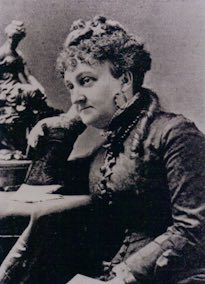 Myra Bradwell
Government
1831
Vermont
1994
Myra Bradwell
Government
1831
Vermont
1994

Myra Bradwell
America’s first woman lawyer. When denied permission to practice law in Illinois (despite passing the bar examination) because of her gender, she began publishing The Chicago Legal News, a very successful legal journal. When the laws changed in 1892, Bradwell was admitted to practice in Illinois and in the U.S. Supreme Court.
 Shirley Chisholm
Government
1924
New York
1993
Shirley Chisholm
Government
1924
New York
1993

Shirley Chisholm
First African American woman elected to the U.S. Congress. Chisholm was also the first African American woman to receive delegate votes for the presidential nomination of a major party. A member of Congress for many years, she was also an educator and writer.
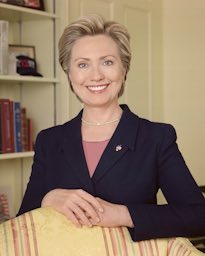 Hillary Rodham Clinton
Government
1947
Illinois
2005
Hillary Rodham Clinton
Government
1947
Illinois
2005

Hillary Rodham Clinton
Hillary Rodham Clinton is the first First Lady ever to be elected to the United States Senate. She is the first woman Senator from New York. Her efforts on behalf of women’s, family and children’s issues began during her earliest employment as an attorney and remain steadfast today. Senator Clinton is the first New York State Senator to serve on the Senate Armed Services Committee.
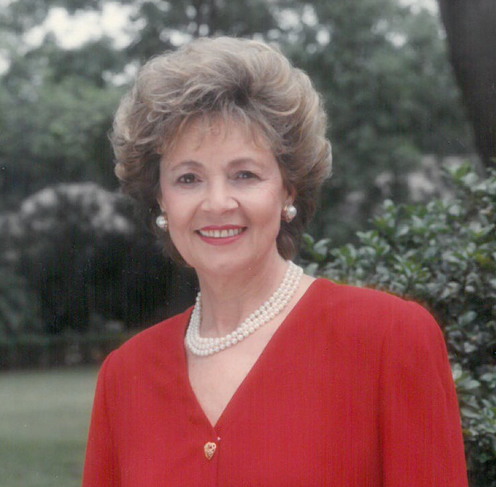 Matilda Raffa Cuomo
Education, Government, Humanities, Philanthropy
1931
New York
2017
Matilda Raffa Cuomo
Education, Government, Humanities, Philanthropy
1931
New York
2017

Matilda Raffa Cuomo
Established the nation’s first school-based one-to-one mentoring program, connecting over 10,000 students to trained mentors, and helping them to succeed in school, graduate, and advance in the workplace. The reach of this program, Mentoring USA, has expanded internationally.
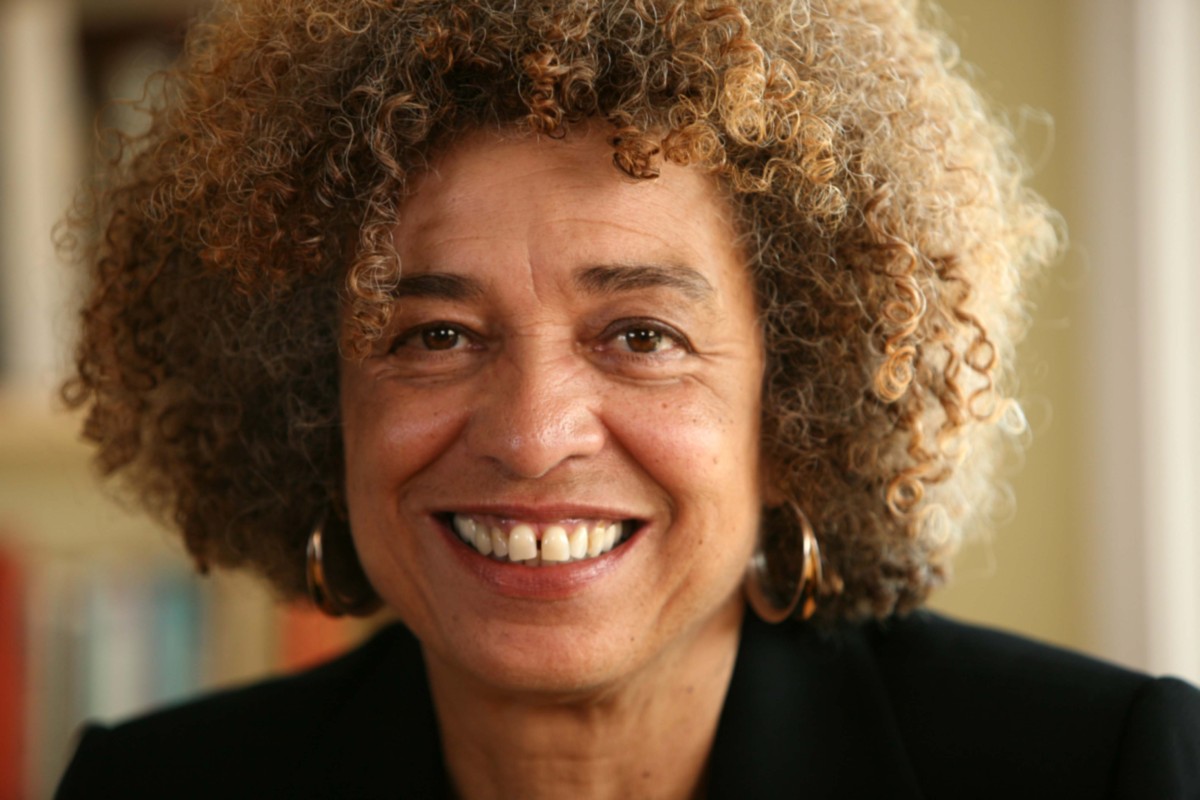 Angela Davis
Education, Government
1944
2019
Angela Davis
Education, Government
1944
2019

Angela Davis
Dr. Angela Davis is a prominent political activist, academic scholar, and author of numerous groundbreaking works. Well-known for her emphasis on the ways that justice is “indivisible,” Dr. Davis has spent a lifetime working on civil rights and women’s rights, against the prison industrial complex and for international justice. Dr. Davis’ teaching career has taken her to numerous college campuses across the United States, and she has also given lectures in Europe, Africa, Asia, Australia, and South America. She spent 15 years at the University of California Santa Cruz where she is now Distinguished Professor Emerita of History of Consciousness (an interdisciplinary Ph.D program) and of Feminist Studies. Dr. Davis’ works have emboldened generations of students to critically address and respond actively to contemporary issues of injustice. Her powerful voice remains instructive today.
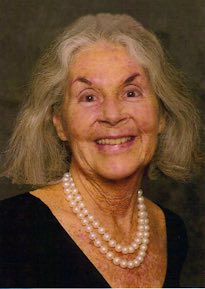 Karen DeCrow
Government, Humanities
1937
Illinois
2009
Karen DeCrow
Government, Humanities
1937
Illinois
2009

Karen DeCrow
A nationally recognized attorney, author and activist, Karen DeCrow is one of the most celebrated leaders of the women’s movement. From 1974-1977, she served as the National President of the National Organization for Women (NOW), where she was instrumental in obtaining significant legislative and legal gains and tirelessly advocated on behalf of the Equal Rights Amendment (ERA). DeCrow has written numerous books and articles and has lectured throughout the world on topics such as law, gender equality, and politics. In 1970, she served as National Coordinator of the Women’s Strike, and in 1988 she co-founded World Women Watch.
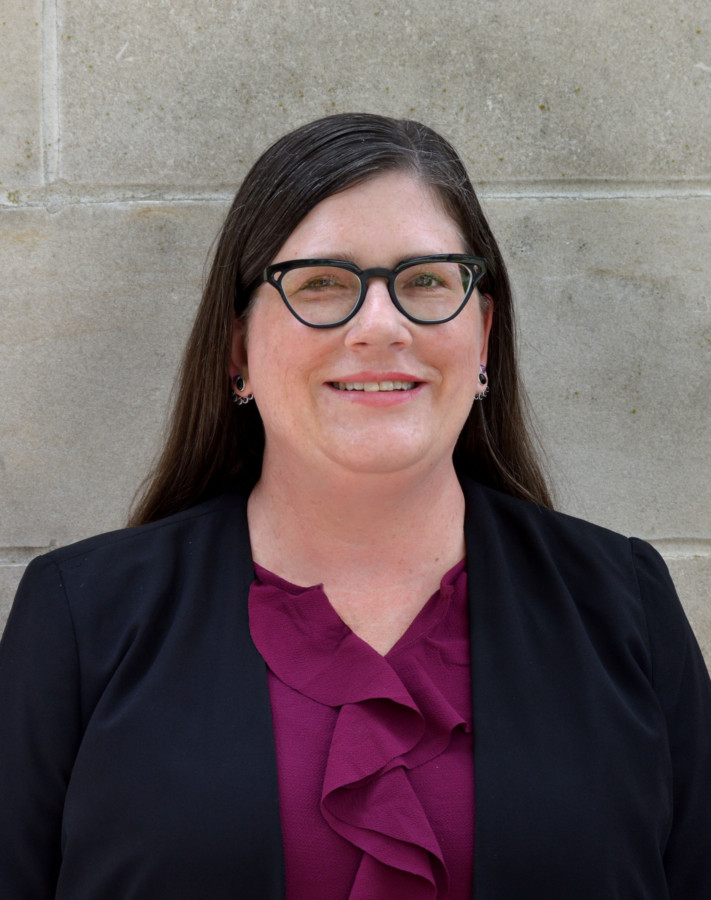 Sarah Deer
Education, Government
1972
2019
Sarah Deer
Education, Government
1972
2019

Sarah Deer
A citizen of the Muscogee (Creek) Nation of Oklahoma, Sarah Deer is a professor at the University of Kansas and an engaged activist for indigenous women. Ending violence against women is her life’s goal. A lawyer by trade and an advocate in practice, Deer’s scholarship and public policy work focuses on the intersection of federal Indian law and victims’ rights, using indigenous feminist principles as a framework. Her work to end violence against Native women has received national recognition from the American Bar Association and the Department of Justice as well as a MacArthur fellowship.
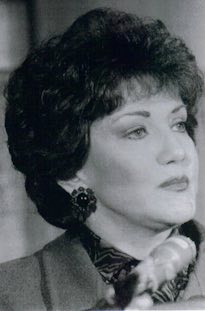 Elizabeth Hanford Dole
Government, Humanities
1936
North Carolina
1995
Elizabeth Hanford Dole
Government, Humanities
1936
North Carolina
1995

Elizabeth Hanford Dole
First woman to hold two cabinet positions as Secretary of Transportation under Ronald Reagan and Secretary of Labor for President George Bush. Dole later became President of the American Red Cross.
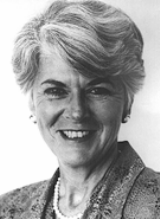 Geraldine Ferraro
Government
1935
New York
1994
Geraldine Ferraro
Government
1935
New York
1994

Geraldine Ferraro
First woman nominated by a major political party as a candidate for Vice President of the United States. Chosen to serve as the running mate of Democratic Presidential Nominee Walter Mondale in 1984, Ferraro had been an Assistant District Attorney in New York and later served in the United States Congress.
 Jane Fonda
Arts, Government, Humanities
1937
2019
Jane Fonda
Arts, Government, Humanities
1937
2019

Jane Fonda
A two-time Academy Award winning actress (Best Actress in 1971 for Klute and in 1978 for Coming Home), activist, businesswoman, author, producer for film and television and philanthropist, Jane Fonda has revolutionized how we see things from the screen to fitness to representations of women and girls in the media. From the counterculture of the 1960s to today’s feminism, Native American rights and environmentalism; from Kluteto 9 to 5 to Grace and Frankie: Fonda has been a visionary and powerful influencer. Through the Jane Fonda Foundation and the Fonda Family Foundation, Fonda funds causes related toyouth and education, adolescent reproductive health, the environment, human services, and the arts. In 2005, together with Robin Morgan and Gloria Steinem, she co-founded the Women’s Media Center, an organization that works to increase the visibility and power of women in media. Fonda serves on the board of the organization. She is the recipient of many honors and awards, including two Academy Awards, two BAFTAs, four Golden Globes, a Primetime Emmy Award, the AFI Life Achievement Award, and the Honorary Golden Lion. In 2007, Fonda received an Honorary Palme d’Or from the Cannes Film Festival, making her one of three people to ever be granted this honor until then. She was also recognized with a Tony Award nomination for her role on Broadway in Moisés Kaufman’s 33 Variations. In 2018, a documentary following Fonda’s remarkable journey, Jane Fonda in Five Acts, was released.
 Ruth Bader Ginsburg
Government
1933
New York
2002
Ruth Bader Ginsburg
Government
1933
New York
2002

Ruth Bader Ginsburg
Supreme Court Justice Ruth Bader Ginsburg has spent her career working to eliminate gender-based stereotyping and discrimination. Justice Ginsburg is the second woman appointed to the United States Supreme Court in its 212 year history.
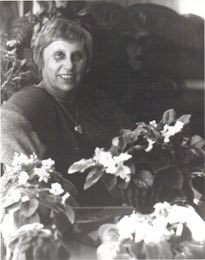 Ella Grasso
Government
1919
Connecticut
1993
Ella Grasso
Government
1919
Connecticut
1993

Ella Grasso
First woman elected a state governor in her own right. Grasso was elected Governor of Connecticut in 1974, serving until illness forced her retirement in 1980. She was also a Congresswoman and advocate for women, minorities and the elderly.
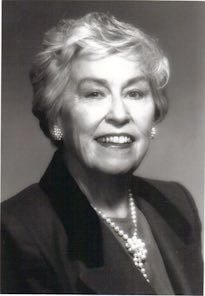 Martha Wright Griffiths
Government
1912
Missouri
1993
Martha Wright Griffiths
Government
1912
Missouri
1993

Martha Wright Griffiths
Congresswoman from Michigan 1955-1975, best known for successfully adding sex discrimination as a prohibited act in the 1964 Civil Rights Act. Griffiths also successfully led the Equal Rights Amendment passage in the House of Representatives.
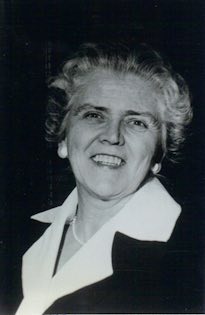 Mary A. Hallaren
Government
1907
1996
Mary A. Hallaren
Government
1907
1996

Mary A. Hallaren
Leader who, as Director of the Women’s Army Corps, championed permanent status for women in the military after World War II. Later, as Director of Women in Community Service, Hallaren advocated employment opportunities for at-risk women.
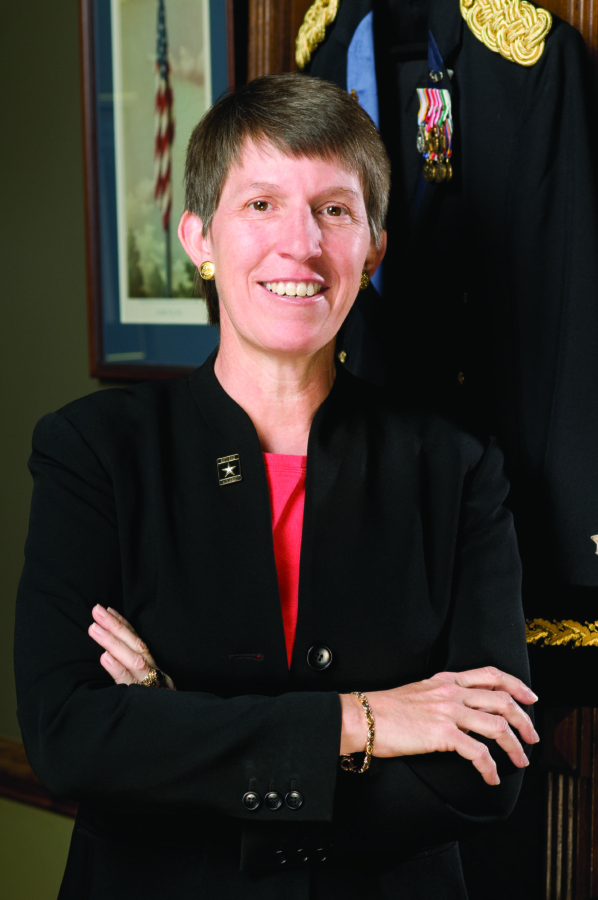 Rebecca Halstead
Government
1959
New York
2021
Rebecca Halstead
Government
1959
New York
2021

Rebecca Halstead
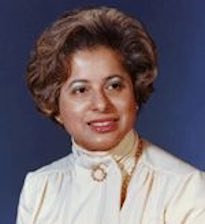 Patricia Roberts Harris
Government
1924
Illinois
2003
Patricia Roberts Harris
Government
1924
Illinois
2003

Patricia Roberts Harris
In 1965, President Lyndon B. Johnson appointed Harris ambassador to Luxembourg, making her the first African-American women to hold the position of ambassador. She then served as the first African-American woman to head a law school, when she was appointed dean of Howard University School of Law in 1969. In 1977, President Jimmy Carter chose Harris to be Secretary of Housing and Urban Development and eventually Secretary of Health, Education and Welfare, thus making her the first African-American woman to be appointed a Cabinet Secretary.
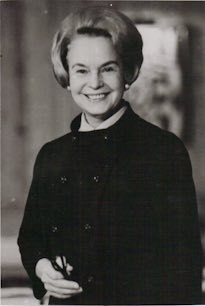 Oveta Culp Hobby
Government
1905
1996
Oveta Culp Hobby
Government
1905
1996

Oveta Culp Hobby
Shaped the development of two major government institutions as first Director of the Women’s Army Corps and first Secretary of the Department of Health, Education and Welfare. She was the first female to attain the rank of United States Colonel and the only woman to serve in President Dwight D. Eisenhower’s cabinet.
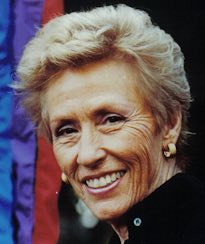 Jeanne Holm
Government
1921
Oregon
2000
Jeanne Holm
Government
1921
Oregon
2000

Jeanne Holm
In her 33 years in the Armed Forces from 1942 to 1975, Major General Holm, USAF, Retired, rose from private to two-star general. Her promotion in 1973 made her the first woman in the history of the U.S. armed forces to achieve the rank of major general. Her work to open ROTC and the military academies to women gave educational benefits and the opportunity for a professional military career to women from all walks of life.
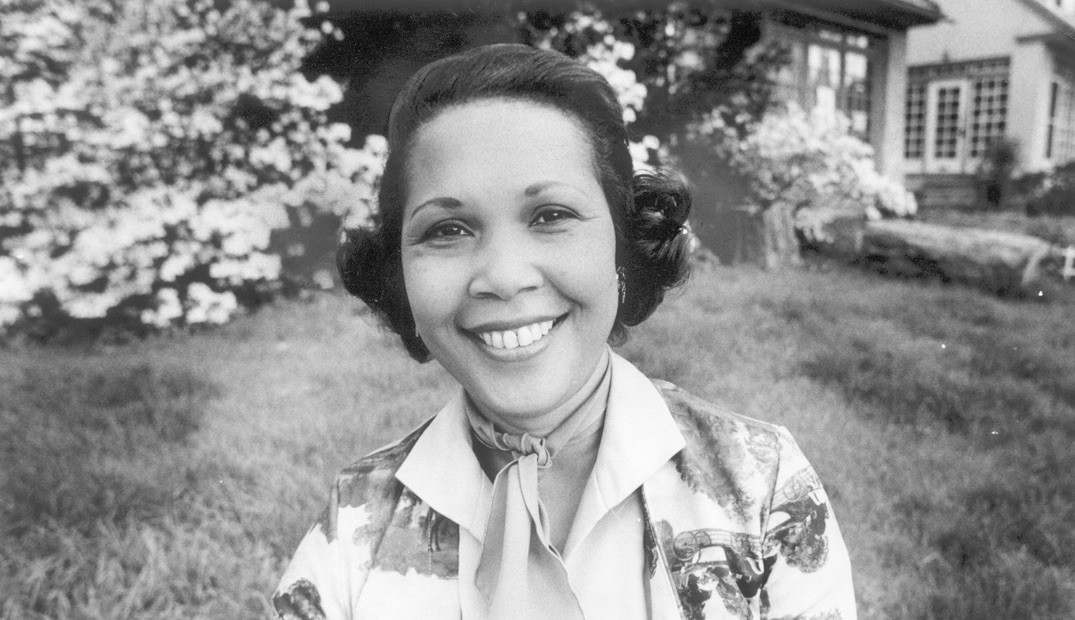 Barbara Rose Johns Powell
Education, Government
1935
2020
Barbara Rose Johns Powell
Education, Government
1935
2020

Barbara Rose Johns Powell
A young, civil rights leader, and pioneer. At the age of 16, Powell led a student strike, for equal education, at R.R. Moton High School in Farmville, Virginia.
 Barbara Jordan
Government
1936
1990
Barbara Jordan
Government
1936
1990

Barbara Jordan
First African American woman elected to Congress from the south and the first African American woman to deliver the keynote address at the convention of a major political party (Democratic Convention, 1976). Known as having a brilliant legal mind, Jordan became a professor and lecturer after retiring from Congress.
